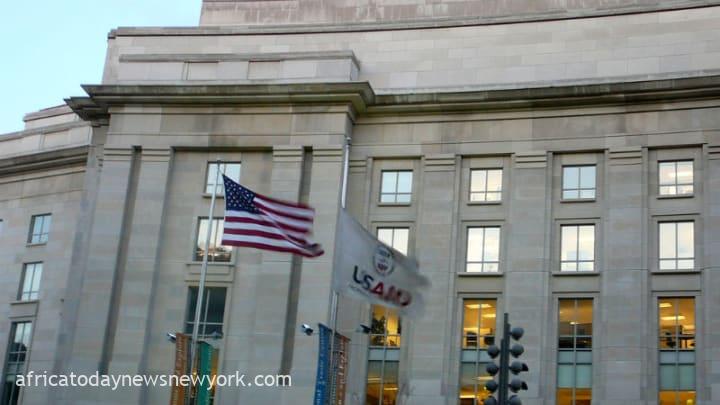The government of United States (U.S.), through the U.S. Agency for International Development (USAID), has renewed its commitment to supporting peace and tolerance in Nigeria by holding a youth, peace and security summit, in Abuja.
A statement made available to Africa Today News, New York by the U.S. Mission, Abuja, said that the United States is committed to working with Nigeria in addressing security challenges.
The statement quoted the United States Chargé d’affaires, David Greene, as saying that youth are the bedrock of society’s social and economic development.
Speaking during a youth summit in Abuja on Wednesday, Greene stated that the future of Nigeria depends on youth charting a path of peace, as they are the future leaders of the great nation.
Read Also: Russia Defends Burkina Faso, Mali, Niger’s ECOWAS Exit
He said: “By attending today’s conference, you’ve each signaled how important the cause of peace is for Nigeria…Youth are the bedrock of society’s social and economic development. The future of Nigeria depends on youth charting a path of peace, as you are the future leaders of this great nation.”
According to Greene: “Our partnership harnesses the diverse strengths of its religious and traditional leaders, women, youth groups, government officials, and civil society.
“Through initiatives like USAID CIPP, the U.S. government is jointly identifying and promoting community-based solutions, empowering these groups to enhance community responses to challenges and build a resilient and peaceful future together.”
In another report, the International Monetary Fund (IMF) has announced that it sees a greater risk to the global economy if central banks start cutting interest rates too soon than if they move “slightly” too late.
This assertion was by Managing Director Kristalina Georgieva on Thursday.
Africa Today News, New York reports that the US Federal Reserve, the European Central Bank (ECB) and others have held interest rates elevated in recent months in an attempt to bring inflation back down toward target, following a post-pandemic surge in prices.

